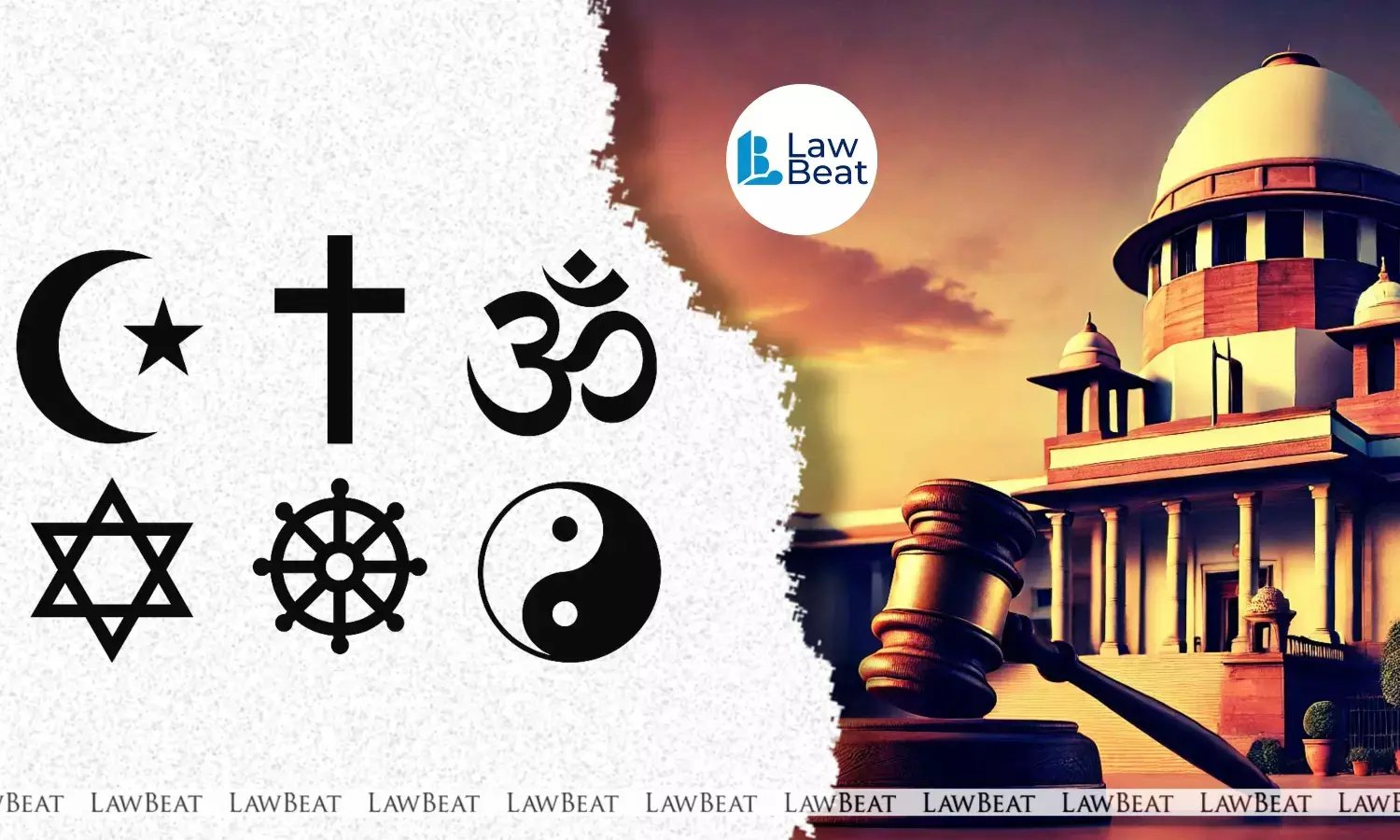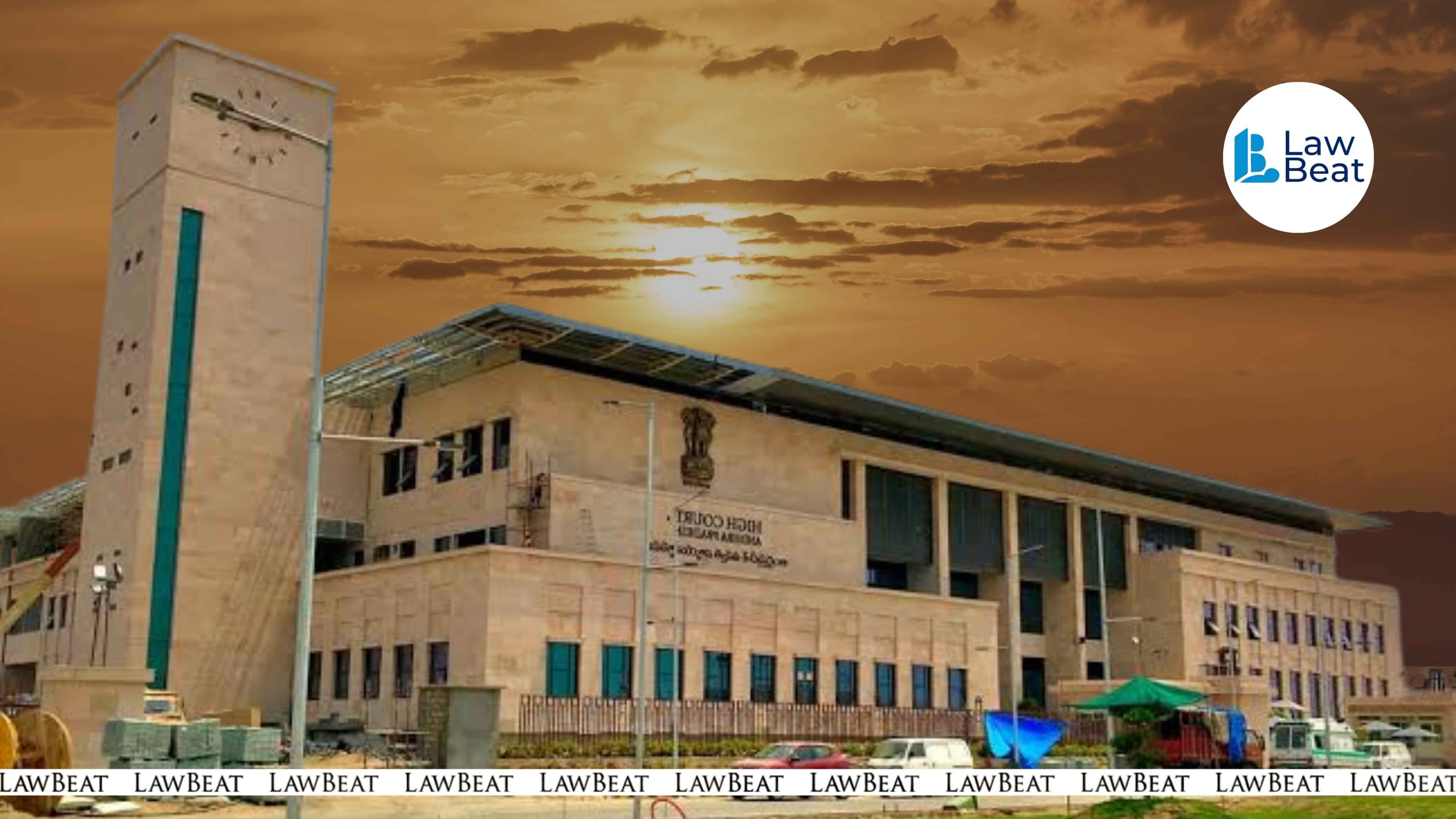'Mere Performing Rituals Don’t Prove Religious Conversion': Supreme Court

The Supreme Court recently observed that merely participating in religious rituals does not amount to conversion to another religion and cannot be the basis to disqualify a Scheduled Caste candidate from contesting in a reserved constituency.
The court made the observation while setting aside a Kerala High Court judgment that had invalidated the election of CPI(M) MLA A. Raja from the Devikulam constituency in 2021.
The bench of Justices Ahsanuddin Amanullah, Abhay S. Oka, and Augustine George Masih ruled that there was no sufficient evidence to prove Raja had converted to Christianity. “As far as marriage rites are concerned, per se, assuming a practice associated with one religion was followed/observed, the same, ceteris paribus, would not mean the person ‘professes’ the said other religion,” court observed.
The Kerala High Court had declared Raja’s election void under the Representation of the People Act, citing evidence such as church registers and photographs allegedly proving that Raja and his family had converted to Christianity.
However, the Supreme Court found these claims unsubstantiated and based largely on hearsay and irregular documents. Court noted that the pastor who testified had joined the church years after the entries were made and could not vouch for their authenticity.
“In the present time, which is a day and age of intrusive media, including social media, where public figures, including Judges, politicians and bureaucrats are under constant public gaze, it is not easy to hide one’s religion or caste. The production of some photographs or some rituals which may have been performed by the Appellant, nay, even assuming they were actually performed by the Appellant, at the cost of repetition, can, in no manner, take the place of evidence,” court said cautioning against judicial reliance on speculative material.
The bench also found that the high court erred in shifting the burden of proof onto Raja to disprove conversion. “The high court seems to have erred by shifting the burden of proof on the Appellant to prove in the negative the allegations,” it said.
It reaffirmed that in election petitions, the burden to prove disqualification lies entirely on the petitioner, and must meet a standard of proof beyond reasonable doubt.
Court highlighted that Raja possessed a valid caste certificate identifying him as Hindu Parayan, a Scheduled Caste recognized in Kerala, and that there was no action taken by any authority to cancel or challenge that certificate. It emphasized that constitutional benefits available to Scheduled Castes cannot be denied without concrete and legally admissible evidence.
Allowing the appeal, the Supreme Court restored Raja’s election and dismissed the election petition filed by D. Kumar.
Case Title: A Raja vs. D Kumar
Download judgment here


